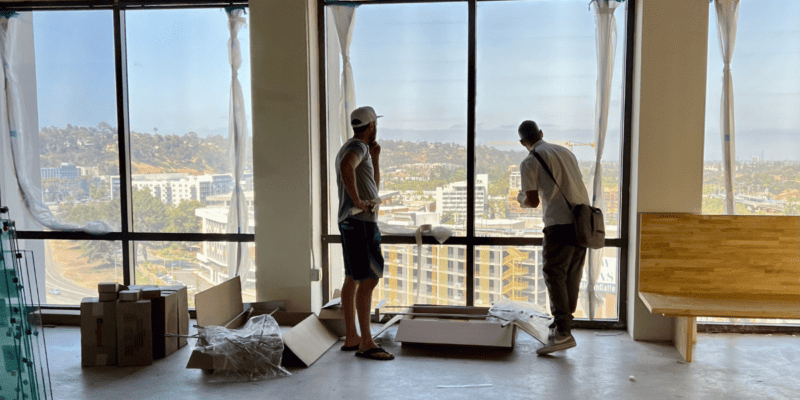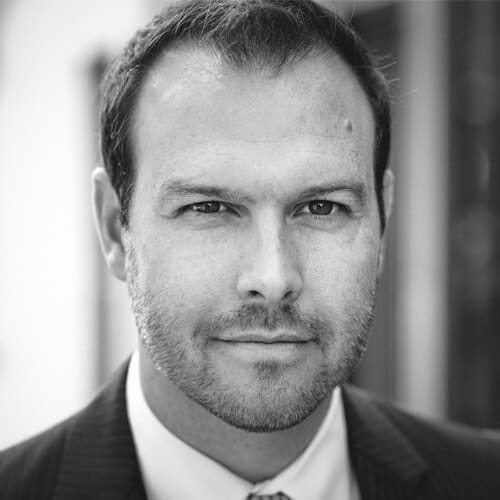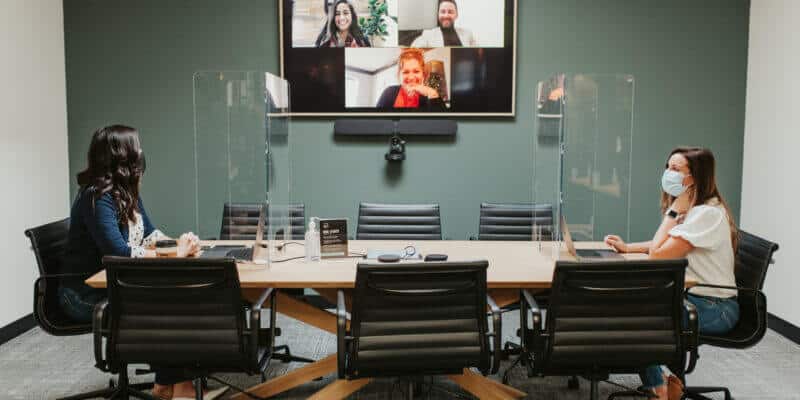
Julie Gossett
JHQ Director of Communications
ATTORNEYS & SOCIAL MEDIA ADDICTION
Introduction. Are you furiously opening and closing apps and mindlessly scrolling? Comparing yourself to others’ perfectly curated highlight reels? Seeing an increase in your screen time week after week? Yes…you are not alone. Especially in the legal industry.
Let’s cut to the chase – I am by no means someone who can officially diagnose addiction, and I will not sit here and type up “red flags” to diagnose yourself. I am not qualified to do so, and I recommend speaking to a professional if you have any concerns at all about true addiction.
But I do work closely with social media and attorneys every single day as part of my role at Justice HQ, and I have for the last three years. One thing has become incredibly clear to me: it’s easy to let social media cause negativity in your life. Negativity which can end up consuming your mental health.
So, let’s talk about social media!
The Good. There are clear benefits to social media. Apps like Instagram, TikTok, Twitter, Facebook, and LinkedIn offer endless information, connection with community or potential clients, entertainment, and memes.
You can have a successful marketing strategy through social media without paying a single cent. When used appropriately, you can also inspire your followers and establish legitimacy for yourself or your business. Plenty of Justice HQ members have done just that! I think of Michelle Fonseca-Kamana (@westcoastlemons), an early adopter of using Instagram Reels to grow her lemon law firm. Or Ramin Montakab (@rtmlaw), who finds ways to tastefully tie his clients’ stories and journeys into the content he shares. Or Cynthia Santiago (@abogadasantiago), who has deeply connected with her community and established herself on both Instagram and TikTok. Or Taly Goody (@goodylawgroup) and Esther Estrada (@estherthelawyer), who both find ways to connect with law students and aspiring attorneys through the content they share.
Should I go on? I can! I am incredibly proud of our members who tap into the positives of social media.
However, despite the benefits they can offer, social media platforms also should come with warning and caution signs. There is a dark side to these apps, and from my standpoint – we need to bring it to light and openly talk about this in relation to the legal industry.
Comparing Yourself to Others. Every industry has titans. Big hitters. Top dogs. Those people who seem to effortlessly achieve maximum results without breaking a sweat. If you are an attorney and you are reading this, I guarantee a few names will come to mind. With social media apps, you are now seeing everyone’s constant success and highlight reels at all hours of the day.
Does that inspire you and give you something to work towards? Amazing! Does that throw you into a spiral, cause you to compare yourself to their success, or make you feel like you are not good enough? If yes, it may be time to put the phone away.
Keeping up with the Joneses. Here is the issue: once you get a taste of something that goes viral – or you see your followers, like count, comments, or shares going up… it is exciting! You start to set new standards for yourself. But due to the nature of how social media platforms and algorithms work: you cannot have all your content succeed.
Listen, you may lose a motion, not get the desired result at trial, or end up settling for less than you aimed for. Similarly – you may struggle to get “results” on social media. If you let it, this can drive you mad. I have personally seen attorneys go down a dangerous path… buying followers, exaggerating success, showing off a lavish lifestyle, or leaving out key details in their advertising efforts or results. They enter a “keeping up with the Joneses” territory that wreaks havoc on their mental health.
If you find yourself glued to your phone, constantly opening and closing apps, or fixating on how posts are performing… again, it may be time check yourself and your habits.
Also keep in mind that attorneys are held to a certain ethical standard and must adhere to the Rules of Professional Conduct – from communicating services, to advertising, to solicitation of clients, to touting specialization. The ever-growing number of lawyers using social media presents infinite dangers to the practice of law not only from a competency standpoint, but also from an ethics standpoint.
Julie’s Tips to Reducing Time on the Apps:
- Unfollow or mute people or accounts that bum you out. If you feel intense jealousy or you are bothered by the type of content an account is sharing, you have control over what you see (to a degree). Sure, if you follow a certain hashtag or topic, you may see something that you tried to avoid. But just as it is important to set boundaries for yourself in personal relationships and in work – it is also important to set boundaries for yourself on social media.
- Delete the app from your phones. Decide which apps are most important for your personal or business life, and then consider removing other mobile applications completely. You can always access it from a web browser, but removing the apps removes the convenience. I check in on the business analytics for Justice HQ and engage through the web browser most of the time. It works, it functions, and it keeps me off my phone.
- Turn off/adjust notifications or set time restrictions. For apps that you decide are important and meaningful, adjust your notification settings so that you do not feel pressure to pick up the phone for every little ping. For iPhone users, Go to Settings > Screen Time > App Limits. Once you hit your limit for a certain app, a notification will alert you. You can choose to add 15 more minutes or ignore the time limit completely. But getting that gentle reminder how much time you’ve spent staring at a screen…it truly does make a difference. Part of my job is to be on social media throughout the day. I still have a time restriction alert notify me if I hit two hours of active Instagram screen time.
- Have a content strategy and work with a team to execute. We hear from members that they spend so much time on social media because they need content ideas for their own accounts and want to see what is working/trending. This is a fair point – however, this should not consume you. Justice HQ has a tight content strategy, and we spend a few minutes a day looking for content inspiration. Having a plan in place reduces scroll time. This is a big reason I wanted to create the Media Team and offer media benefits to Justice HQ Members. We are here to help members map out content and grow platforms without it consuming their life and mental health. If you are in a position to hire or contract your social media maintenance to a trusted individual or company, it can do wonders for your well-being!
- Use programs to schedule out your content. Spend less time on social media by using inexpensive programs to calendar posts. Programs like Later.com, HootSuite, and Canva allow you to post across a variety of social media platforms. You can choose the time, the platform, the copy, the hashtags, etc. These programs also help guide you and offer suggestions on how to maximize engagement. Word on the street is that even Instagram itself is testing out a scheduling program within the app. Use the tools available to you. I promise, it makes a difference.
Wrapping Up. From what I can tell, too many of us are addicted to social media in the legal industry. We want to find ways to ensure that everyone sees us as the best version of ourselves, despite what is going on behind the scenes.
If you are using social media platforms for personal or business use, I urge you to ensure you do not spend more time staring at your screen versus spending precious time with your family, clients, or cases.
If you want to talk more about anything mentioned above, you can reach me at [email protected]. This is a topic I deeply care about, and I would be happy to connect.
Share Article:
More to explorer

Top 7 Reasons To Go Solo in 2021
Conor Granahan, Michelle Fonseca-Kamana, Taly Goody, and Alexis Gamliel sat down (remotely, à la pandemic) and put their heads together to bring you their experience-based insight on founding, managing, and operating their very own law firms.

Solo but Not Alone: Why Being Part of a Strong Legal Community is so Important
Instagram Envelope External-link-alt Steve Rosen Rosen Law Offices For more than 7 years, Stephen N. Rosen worked as a defense counselor













